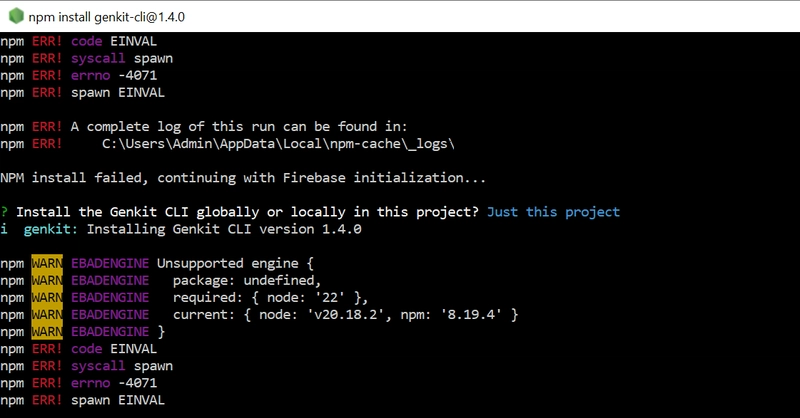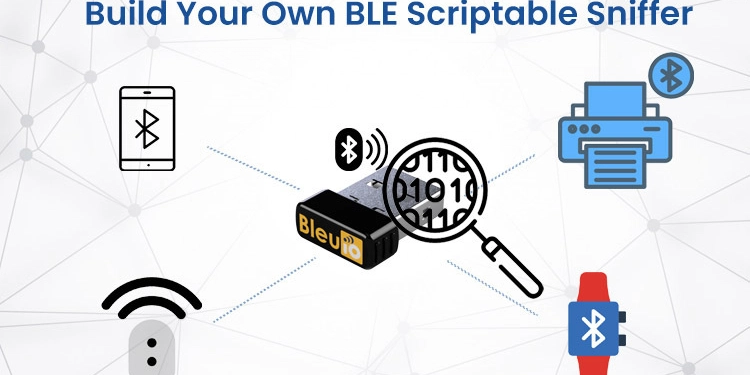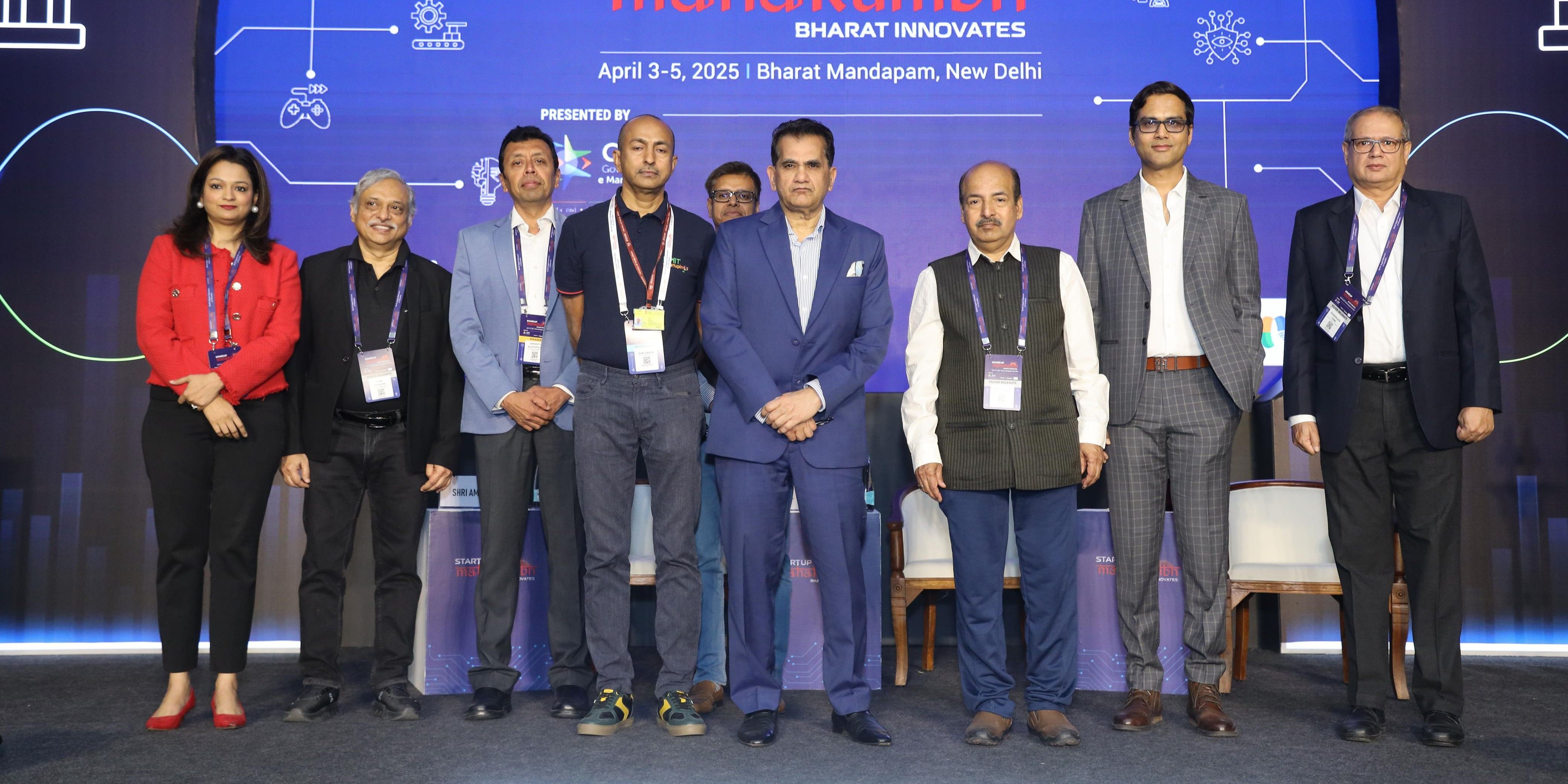How to be Test Driven with Spark: Chapter 4 - Leaning into Property Based Testing
This goal of this tutorial is to provide a way to easily be test driven with spark on your local setup without using cloud resources. This is a series of tutorials and the initial chapters can be found in: Chapter 0 and 1 Chapter 2 Chapter 3 The test that you implemented in Chapter 3 is great, yet not complete as it takes only a limited amount of data. As spark is used to process data at scale, you have to test at scale too. There are several solutions, the first one being taking a snapshot of production data and reusing at the test level (meaning integration test or local test). The second one is to generate synthetic data based on the data schema. With the second approach, you will be leaning into a property based testing approach. The second approach will be leveraged here as the test case generation is deported to automated generation. The python ecosystem provides Hypothesis for proper property based testing, or Faker for fake data generation. Hypothesis is way more powerful than Faker in the sense that it will generate test cases for you based on data property (being a string, being an integer etc) and shrink the test cases when unexpected behavior happen. Faker will be used here to generate synthetic data based on business property. A data driven test You need two new fixtures similar to persons and employments that will generate synthetic data. First you need to install faker as a dev dependency: uv add faker --dev You can create persons_synthetic in tests/conftest.py like so: @pytest.fixture(scope="session") def persons_synthetic(spark_session: SparkSession) -> Generator[DataFrame, Any, Any]: fake = Faker() nb_elem = fake.pyint(1, 100_000) data = [ (i, fake.first_name(), fake.last_name(), fake.date()) for i in range(nb_elem) ] yield spark_session.createDataFrame( data, ["id", "PersonalityName", "PersonalitySurname", "birth"], ) In the above, a data frame of 100 000 rows is generated, feel free to increase the size to generate larger data frames. Fake names, surnames and date are generated on the fly according to business needs. You can also create employments_synthetic in tests/conftest.py, there is a dependency on foreign_key from persons_synthetic that needs to be handled: @pytest.fixture(scope="session") def employments_synthetic( spark_session: SparkSession, persons_synthetic: DataFrame ) -> Generator[DataFrame, Any, Any]: fake = Faker() persons_sample = persons_synthetic.sample(0.8) person_ids_sample = persons_sample.select(collect_list("id")).first()[0] data = [(idx, id_fk, fake.job()) for idx, id_fk in enumerate(person_ids_sample)] yield spark_session.createDataFrame( data, ["id", "person_fk", "Employment"], ) The foreign_key is reused from a sample of persons_synthetic and job name are generated on the fly. The test can now be created: def test_transfo_w_synthetic_data( persons_synthetic: DataFrame, employments_synthetic: DataFrame, spark_session ): processor = DataProcessor(spark_session) df_out: DataFrame = processor.run(persons_synthetic, employments_synthetic) assert not df_out.isEmpty() assert set(df_out.columns) == set( ["name", "surname", "date_of_birth", "employment"] ) And you can launch pytest -k test_transfo_w_synthetic_data -s that should pass. How to handle slow tests You might notice that test_transfo_w_synthetic_data is a bit slow, indeed it's generating a decent amount of data (even though far from a big data scale), modifying the data frames and joining two together. In a test driven approach, it's necessary to have a quick feedback loop to iterate quickly on your local setup. Yet, this tests needs to be launched anyway as they validate behavior with decent amount of data. A solution is to add tags to tests like so: import pytest ... @pytest.mark.slow def test_transfo_w_synthetic_data( persons_synthetic: DataFrame, employments_synthetic: DataFrame, spark_session ): ... This tag can be leveraged by pytest to filter out tests at execution time, see documentation. and add to pyproject.toml the expected markers for Pytest [tool.pytest.ini_options] pythonpath = ["src"] markers = ["slow"] Pytest is now aware of this new marker when launching: pytest --markers You can now launch: pytest -m "not slow" It will validate only the tests not marked as slow. In the ci, there is nothing to change as by default Pytest will launch all the test. What's next? On the next chapter, the next chapter will focus on test repeatability by improving how java is used for Spark at the test level. You can find the original materials in spark_tdd. This repository exposes what's the expected repository layout at the end of each chapter in each branch: Chapter 0 Chapter 1 Chapter 2 Chapter 3

This goal of this tutorial is to provide a way to easily be test driven with spark on your local setup without using cloud resources.
This is a series of tutorials and the initial chapters can be found in:
The test that you implemented in Chapter 3 is great, yet not complete as it takes only a limited amount of data. As spark is used to process data at scale, you have to test at scale too.
There are several solutions, the first one being taking a snapshot of production data and reusing at the test level (meaning integration test or local test). The second one is to generate synthetic data based on the data schema. With the second approach, you will be leaning into a property based testing approach.
The second approach will be leveraged here as the test case generation is deported to automated generation.
The python ecosystem provides Hypothesis for proper property based testing, or Faker for fake data generation. Hypothesis is way more powerful than Faker in the sense that it will generate test cases for you based on data property (being a string, being an integer etc) and shrink the test cases when unexpected behavior happen. Faker will be used here to generate synthetic data based on business property.
A data driven test
You need two new fixtures similar to persons and employments that will generate synthetic data. First you need to install faker as a dev dependency:
uv add faker --dev
You can create persons_synthetic in tests/conftest.py like so:
@pytest.fixture(scope="session")
def persons_synthetic(spark_session: SparkSession) -> Generator[DataFrame, Any, Any]:
fake = Faker()
nb_elem = fake.pyint(1, 100_000)
data = [
(i, fake.first_name(), fake.last_name(), fake.date()) for i in range(nb_elem)
]
yield spark_session.createDataFrame(
data,
["id", "PersonalityName", "PersonalitySurname", "birth"],
)
In the above, a data frame of 100 000 rows is generated, feel free to increase the size to generate larger data frames. Fake names, surnames and date are generated on the fly according to business needs.
You can also create employments_synthetic in tests/conftest.py, there is a dependency on foreign_key from persons_synthetic that needs to be handled:
@pytest.fixture(scope="session")
def employments_synthetic(
spark_session: SparkSession, persons_synthetic: DataFrame
) -> Generator[DataFrame, Any, Any]:
fake = Faker()
persons_sample = persons_synthetic.sample(0.8)
person_ids_sample = persons_sample.select(collect_list("id")).first()[0]
data = [(idx, id_fk, fake.job()) for idx, id_fk in enumerate(person_ids_sample)]
yield spark_session.createDataFrame(
data,
["id", "person_fk", "Employment"],
)
The foreign_key is reused from a sample of persons_synthetic and job name are generated on the fly.
The test can now be created:
def test_transfo_w_synthetic_data(
persons_synthetic: DataFrame, employments_synthetic: DataFrame, spark_session
):
processor = DataProcessor(spark_session)
df_out: DataFrame = processor.run(persons_synthetic, employments_synthetic)
assert not df_out.isEmpty()
assert set(df_out.columns) == set(
["name", "surname", "date_of_birth", "employment"]
)
And you can launch pytest -k test_transfo_w_synthetic_data -s that should pass.
How to handle slow tests
You might notice that test_transfo_w_synthetic_data is a bit slow, indeed it's generating a decent amount of data (even though far from a big data scale), modifying the data frames and joining two together.
In a test driven approach, it's necessary to have a quick feedback loop to iterate quickly on your local setup. Yet, this tests needs to be launched anyway as they validate behavior with decent amount of data.
A solution is to add tags to tests like so:
import pytest
...
@pytest.mark.slow
def test_transfo_w_synthetic_data(
persons_synthetic: DataFrame, employments_synthetic: DataFrame, spark_session
):
...
This tag can be leveraged by pytest to filter out tests at execution time, see documentation.
and add to pyproject.toml the expected markers for Pytest
[tool.pytest.ini_options]
pythonpath = ["src"]
markers = ["slow"]
Pytest is now aware of this new marker when launching:
pytest --markers
You can now launch:
pytest -m "not slow"
It will validate only the tests not marked as slow.
In the ci, there is nothing to change as by default Pytest will launch all the test.
What's next?
On the next chapter, the next chapter will focus on test repeatability by improving how java is used for Spark at the test level.
You can find the original materials in spark_tdd. This repository exposes what's the expected repository layout at the end of each chapter in each branch:




















































%20Abstract%20Background%20112024%20SOURCE%20Amazon.jpg)






















































































































![[The AI Show Episode 142]: ChatGPT’s New Image Generator, Studio Ghibli Craze and Backlash, Gemini 2.5, OpenAI Academy, 4o Updates, Vibe Marketing & xAI Acquires X](https://www.marketingaiinstitute.com/hubfs/ep%20142%20cover.png)
























































































































































































































































-Nintendo-Switch-2-–-Overview-trailer-00-00-10.png?width=1920&height=1920&fit=bounds&quality=80&format=jpg&auto=webp#)





















_Anna_Berkut_Alamy.jpg?#)













































































































![YouTube Announces New Creation Tools for Shorts [Video]](https://www.iclarified.com/images/news/96923/96923/96923-640.jpg)





































































![[Weekly funding roundup March 29-April 4] Steady-state VC inflow pre-empts Trump tariff impact](https://images.yourstory.com/cs/2/220356402d6d11e9aa979329348d4c3e/WeeklyFundingRoundupNewLogo1-1739546168054.jpg)





























































